1 In Every 3 Maruti Cars Sold In The Past One Year Was CNG Powered
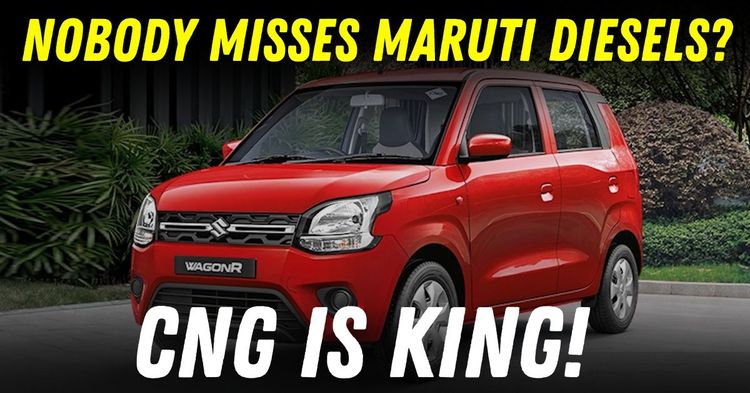

Compressed Natural Gas (CNG) vehicles are becoming increasingly popular in India and Maruti Suzuki is leading the game. The latest numbers reveal that one in every three Maruti Suzuki cars sold in (Financial Year) FY2025 was a CNG model.
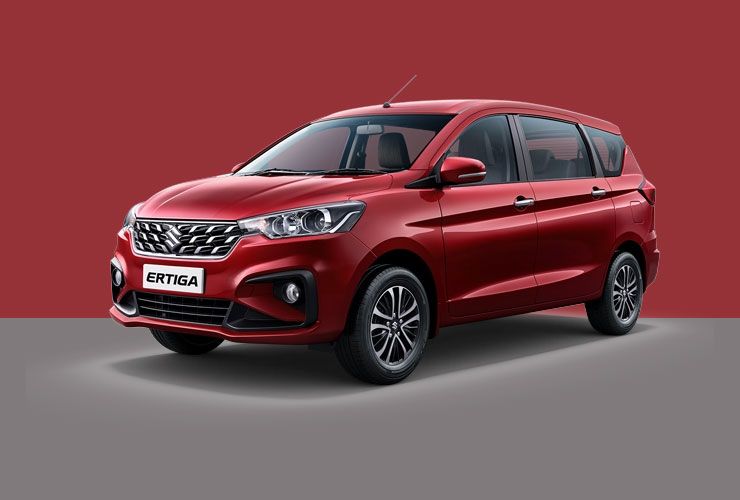
India's largest carmaker has successfully capitalized on the growing demand for cost-effective, reliable and fuel-efficient alternatives, leading to record-breaking sales in this segment. It has an expansive range of CNG models on sale, more about which will be discussed later in this article...
Maruti Suzuki sold approximately 6.2 lakh CNG-powered passenger vehicles in FY2025, marking a 28% increase compared to the previous year. Its total passenger vehicle sales stood at 17,95,259 units. The company had initially targeted over 6 lakh CNG sales and ended up exceeding its goal.
By the end of 2024, Maruti held a dominant 71.60% market share in the CNG segment. The fact that it has the largest CNG portfolio in the country has also contributed to this jaw-dropping sales figures. The WagonR S-CNG emerged as Maruti's most-sold CNG model from FY25. Other than this, the CNG versions of the Fronx, Brezza and Grand Vitara also posted impressive sales numbers.
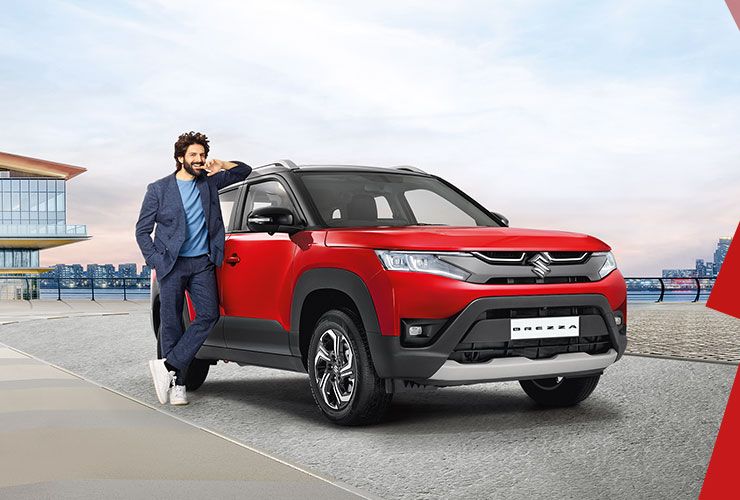
Tata Motors stands at the second spot with 16.13%, while Hyundai Motors India accounted for 10.04%. Toyota, which sells rebadged CNG cars and SUVs from Maruti Suzuki, had a share of 2.21%.
The rising fuel costs has been a key factor behind the increased acceptance for CNG cars here. While electric vehicles (EVs) are still struggling with their high initial costs and inadequate charging infrastructure, these have emerged as more practical alternatives for the average, budget-conscious buyer.
The Japanese manufacturer's Indian vertical sells a total of 16 models spread across various segments. Of these, 13 offer the choice to have factory-fitted CNG kits! Wondering what the non-CNG models are? Well, Jimny, Ignis, and the Invicto...
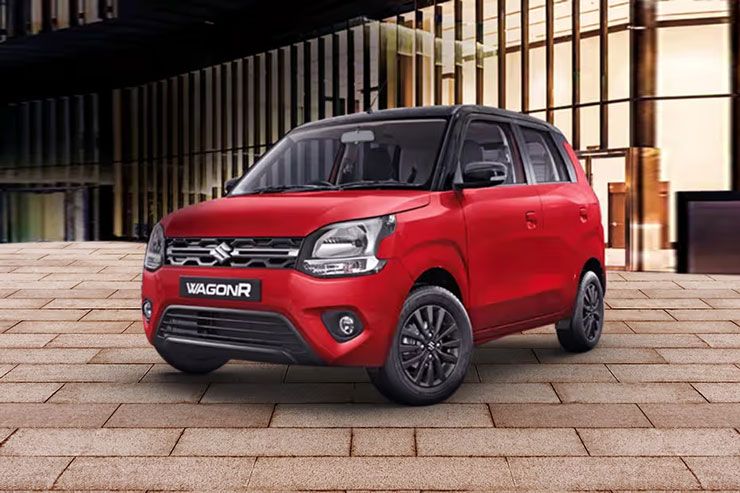
Maruti Suzuki introduced the CNG technology for the first time on the Wagon R in 2010. Since then, it has been steadily expanding the CNG portfolio, especially after discontinuing diesel models in 2020. Today, even the Grand Vitara has a CNG version on sale.
In addition to CNG, Maruti Suzuki is also betting big on hybrid vehicles. It saw a 27% increase in strong hybrid sales last financial year, with 20,672 units being sol. Strong hybrids, available in models like the Grand Vitara and Invicto, contributed to 2.4% of total sales.
Looking ahead, Maruti Suzuki expects CNG models to account for majority of its sales by 2030, including vehicles powered by compressed biogas.
Maruti Suzuki is planning to launch its first battery electric vehicle (BEV), the e-Vitara, later this year. This electric SUV will be exported to Japan and Europe under the Suzuki brand and will also be sold under Toyota’s badge in select markets.
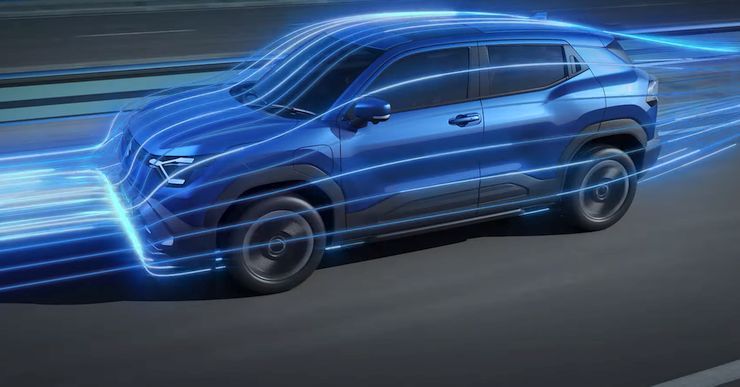
Partho Banerjee, Senior Executive Officer for Marketing and Sales at Maruti Suzuki India, reaffirmed the company’s commitment to offering multiple fuel options. “We need to provide all technologies to our customers and let them choose. Whether it’s EVs, strong hybrids, or CNG, we will be present in all these segments,” he stated.
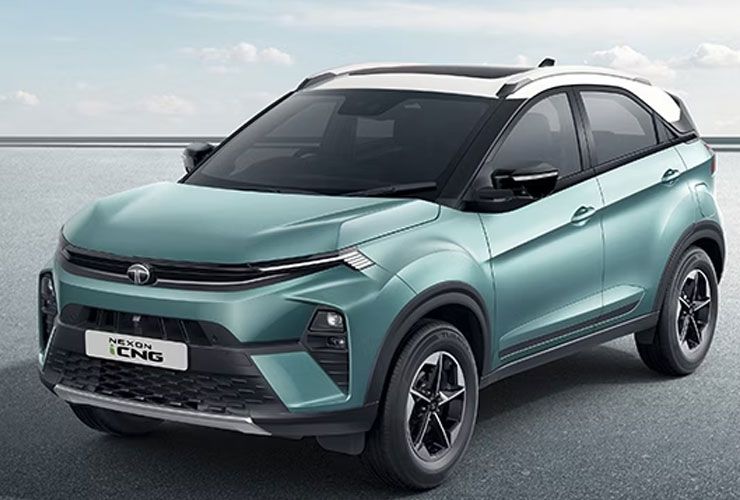
Tata Motors hasn't released the official numbers of CNG sales in the last financial year. However, it has announced that it had a good 35% year-on-year growth in the sales of CNG models. Even though it sits in the second spot, Tata Motors' CNG portfolio is rather narrow compared to that of Maruti Suzuki. It manages to drive its volumes from iCNG versions of models like the Tiago, Tigor, Nexon, Altroz and Punch.
Tata's iCNG range stands out with the dual-cylinder CNG technology, and the manufacturer is also the only one to offer an automatic CNG powertrain option. In the time ahead, this fight between Tata and Maruti is expected to intensify further.
Source: Autocar India